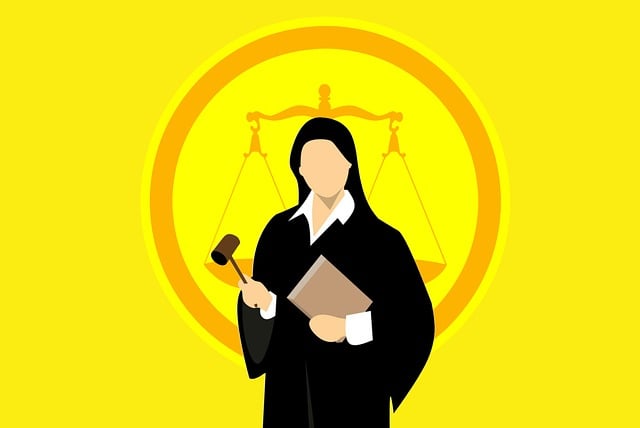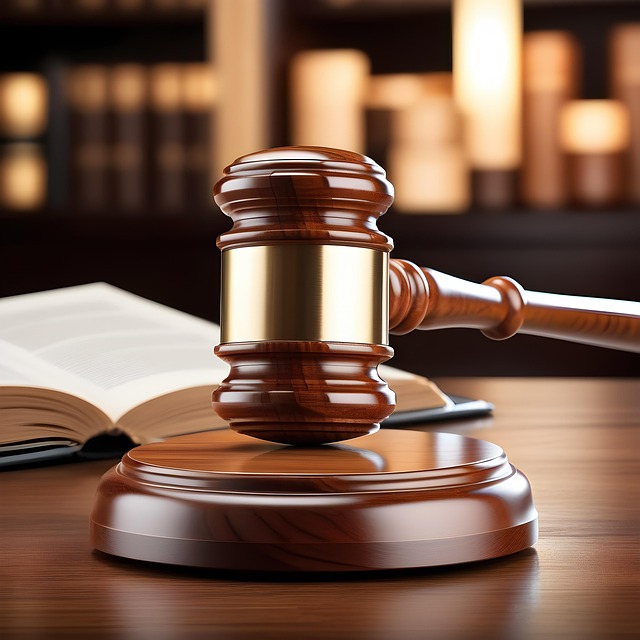Oregon's criminal defense framework balances defendant rights and justice, relying on constitutional protections and legal expertise throughout criminal proceedings. Understanding accusations, navigating evidentiary rules, and exercising due process rights are key. Pretrial procedures offer crucial stages for building defenses. Trials involve opening statements, witness cross-examination, and arguments, culminating in a verdict based on evidence and legal arguments, all guided by criminal proceedings expertise.
“Uncovering Oregon’s Criminal Defense Legal Procedures: A Comprehensive Guide. This article offers a detailed look at the state’s criminal defense framework, equipping readers with insights into navigating complex legal processes. From understanding accusations and evidence management to exploring defendant rights and pretrial procedures, we delve into the expertise required for robust defense. By examining key stages, from initial charges to trial and verdict, this guide empowers individuals to grasp their rights and strategies within Oregon’s criminal justice system.”
- Oregon's Criminal Defense Framework Overview
- Understanding Accusations and Charges
- The Role of Evidence in Criminal Proceedings Expertise
- Defendant Rights: A Comprehensive Look
- Pretrial Procedures: Key Stages & Strategies
- Trial Process: From Opening Statements to Verdict
Oregon's Criminal Defense Framework Overview

Oregon’s criminal defense framework is a complex web of laws and procedures designed to protect individuals accused of crimes. At its core, Oregon prioritizes a balanced approach, ensuring both the rights of the defendant and the state’s interest in justice. This system is built on a foundation of constitutional protections, offering those facing criminal charges a robust set of legal defenses.
The framework encompasses various stages, from initial arrests to trials and appeals. Defendants have the right to legal counsel, enabling them to navigate these proceedings with expertise. Oregon’s courts emphasize fair and impartial judgment, ensuring that every individual receives a thorough and just evaluation of their case. This structured approach provides a framework where criminal proceedings are conducted fairly, adhering to strict legal protocols.
Understanding Accusations and Charges

Understanding accusations and charges is a crucial step in navigating Oregon’s criminal defense legal procedures. When faced with criminal allegations, it’s essential to grasp the exact nature of the charges brought against you. This involves meticulously reviewing the criminal proceedings expertise of your legal counsel, who can explain the specific statutes and codes applicable to your case. By deciphering these accusations, individuals can begin to formulate a robust defense strategy.
The process entails recognizing the difference between felony and misdemeanor charges, understanding the potential penalties associated with each, and comprehending the evidence that supports or contradicts the allegations. This knowledge empowers defendants to actively participate in their defense, make informed decisions, and ultimately achieve the best possible outcome during criminal proceedings.
The Role of Evidence in Criminal Proceedings Expertise

In Oregon’s criminal defense legal procedures, evidence plays a pivotal role in shaping the outcome of cases. The presentation and interpretation of evidence are where the criminal proceedings expertise of lawyers comes into sharp focus. Prosecutors and defenders alike must possess a deep understanding of evidentiary rules to ensure fairness and accuracy in the justice system. This includes knowledge of how to gather, preserve, and challenge various types of evidence, from physical artifacts to digital data.
The criminal proceedings expertise also involves recognizing the weight and admissibility of different forms of proof. Jurors and judges rely on attorneys to guide them through complex evidentiary matters, ensuring that only relevant and reliable information influences their decisions. This expertise requires continuous learning about evolving laws and case precedents related to evidence, ultimately contributing to the integrity of Oregon’s criminal justice process.
Defendant Rights: A Comprehensive Look

In Oregon’s criminal defense legal procedures, understanding defendant rights is paramount. Accused individuals are protected by a robust framework designed to ensure fair treatment and due process. These rights encompass various aspects, from the moment of arrest through trial and sentencing. For instance, suspects have the right to remain silent, ensuring their words cannot be used against them in court. Additionally, they’re entitled to legal counsel, allowing them to navigate complex criminal proceedings with expertise.
Defendants also have the right to a speedy and public trial by an impartial jury, key protections that safeguard against potential abuses of power. Furthermore, they can challenge evidence presented against them, cross-examine witnesses, and appeal any unfavorable verdicts. This comprehensive set of rights forms the bedrock of Oregon’s criminal justice system, ensuring that every defendant has the opportunity to mount a robust defense with the help of criminal proceedings expertise.
Pretrial Procedures: Key Stages & Strategies

Oregon’s pretrial procedures form a crucial part of the state’s criminal defense legal process, offering defendants key stages to build their case and strategies. The initial phase involves the filing of charges by the prosecutor, followed by a defendant’s response, which can include pleas or a demand for a grand jury indictment. This is where a defendant’s legal expertise comes into play, as they navigate these initial steps crucial to their future defense.
Subsequent pretrial stages encompass various hearings and motions, enabling defendants to challenge evidence, suppress statements, or plead not guilty. These procedures allow for a thorough examination of the case, with strategies tailored to strengthen defenses and ultimately shape the trajectory of criminal proceedings.
Trial Process: From Opening Statements to Verdict

In Oregon’s criminal defense legal procedures, the trial process is a crucial phase that involves several key steps. It begins with opening statements from both the prosecution and the defense, where each party presents their case to the jury or judge. This initial phase sets the stage for the rest of the trial, providing an overview of what evidence will be presented and the arguments advanced.
Following opening statements, the actual presentation of evidence commences. Defense attorneys leverage their criminal proceedings expertise to cross-examine witnesses, challenge evidence, and introduce their own. The judge plays a vital role in ensuring fair play by ruling on objections and managing the flow of information. Ultimately, the jury or judge deliberates and returns a verdict based on the presented evidence and legal arguments. This meticulous process ensures that justice is served within Oregon’s criminal justice system.














